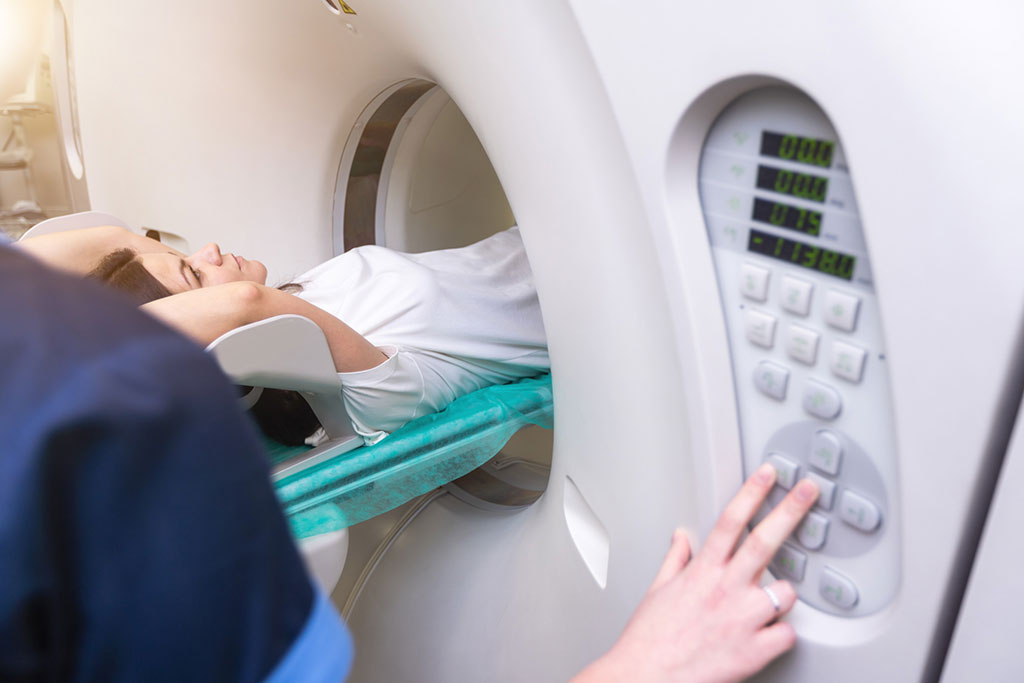Whole-Body PET/CT Predicts Response to HER2-Targeted Therapy in Metastatic Breast Cancer Patients
Posted on 28 Sep 2023
Around 20% of women diagnosed with breast cancer show overexpression of human epidermal growth factor receptor 2 (HER2), making it a key therapy target for new as well as recurring cases. Yet, treatments that target HER2 often fail because breast cancer is not a one-size-fits-all disease; even within the same patient, HER2 levels can change. Now, new research indicates that a novel imaging agent, 68Ga-ABY-025, may help address this challenge by predicting early metabolic responses to HER2-specific therapies in patients with HER2-positive metastatic breast cancer. This agent, when used with PET/CT scans, can offer whole-body quantification of HER2 levels, aiding in treatment planning and potentially sparing patients from the unnecessary side effects of drugs.
Researchers at Uppsala University (Uppsala, Sweden) investigated the use of 68Ga-ABY-025 PET as a non-invasive method for whole-body HER2-receptor quantification. The study involved 40 patients confirmed to have HER2-positive status—19 with primary breast cancer and 21 with metastatic forms of the disease (with an average of three prior treatments). For each patient, baseline evaluations were carried out using 68Ga-ABY-025 PET/CT, alongside another type of PET/CT scan known as 18F-FDG and core-needle biopsies from selected lesions. Following two rounds of therapy, 18F-FDG PET/CT scans were conducted once again to examine changes in the way the tumor lesions metabolize sugar.

The scientists recorded tracer uptake in up to five of the largest lesions in each patient, including those from which biopsies were taken. They then compared these standardized uptake values from the 68Ga-ABY-025 PET/CT scans with biopsy-confirmed HER2 status and observed changes in tumor metabolism. The study revealed that 68Ga-ABY-025 PET/CT effectively quantified HER2 levels, and this uptake had a significant correlation with the metabolic response in patients, notably in those dealing with metastatic breast cancer. Moreover, the research showed that patients who had undergone more rounds of previous treatments needed higher levels of 68Ga-ABY-025 to trigger a metabolic response.
“The ability of 68Ga-ABY-025 PET/CT to provide a whole-body visualization of HER2 expression and to predict metabolic response is advantageous and exceeded the biopsy-based approach for metastatic breast cancer patients,” said Ali Alhuseinalkhudhur, MD, PhD candidate in the Department of Immunology, Genetics, and Pathology at Uppsala University. “HER2-based imaging tools might provide a solution in situations where biopsies cannot be performed safely or when biopsy results are inconsistent. In addition, a PET-based approach to evaluate the appropriateness of targeted therapy might help avoid unnecessary side effects and might provide a more personalized opportunity for timely therapy corrections.”
Related Links:
Uppsala University














